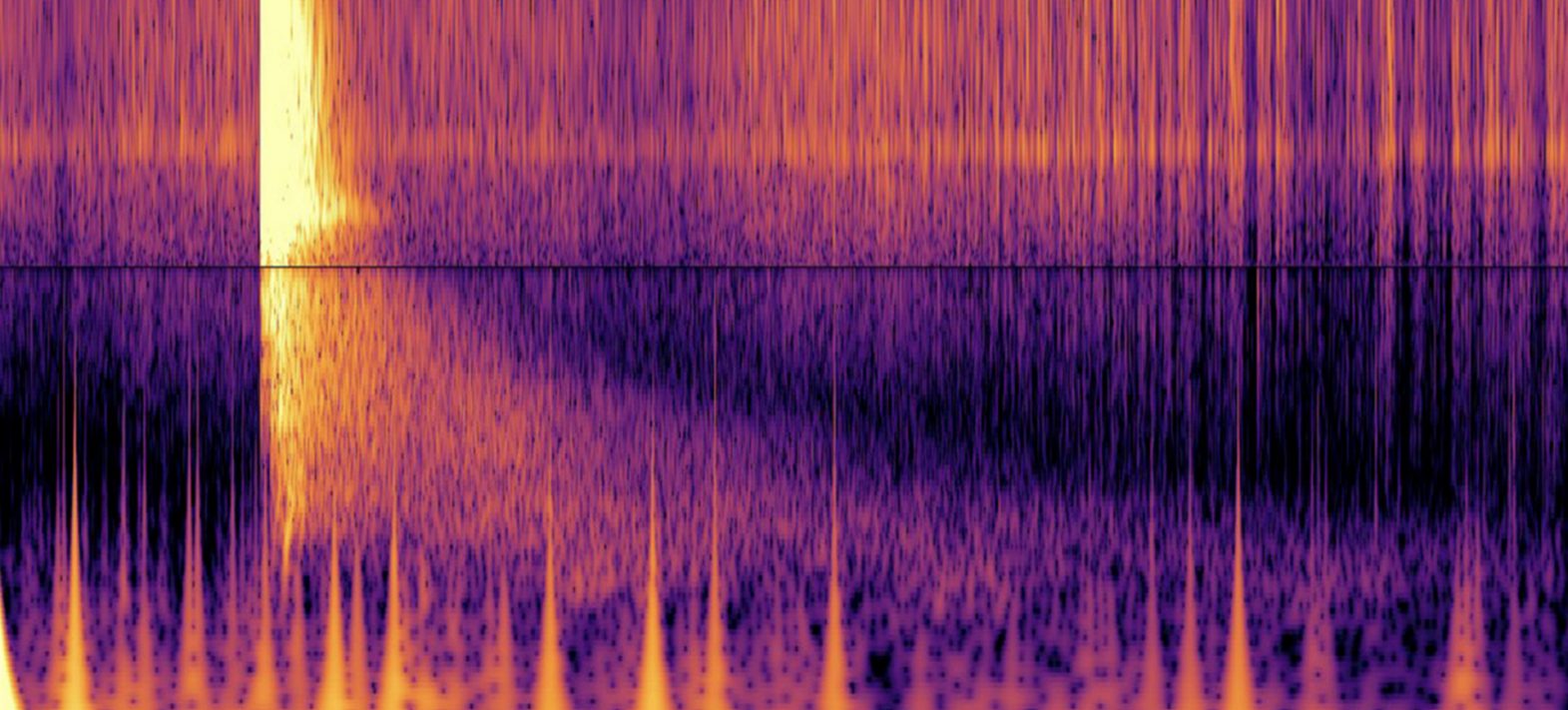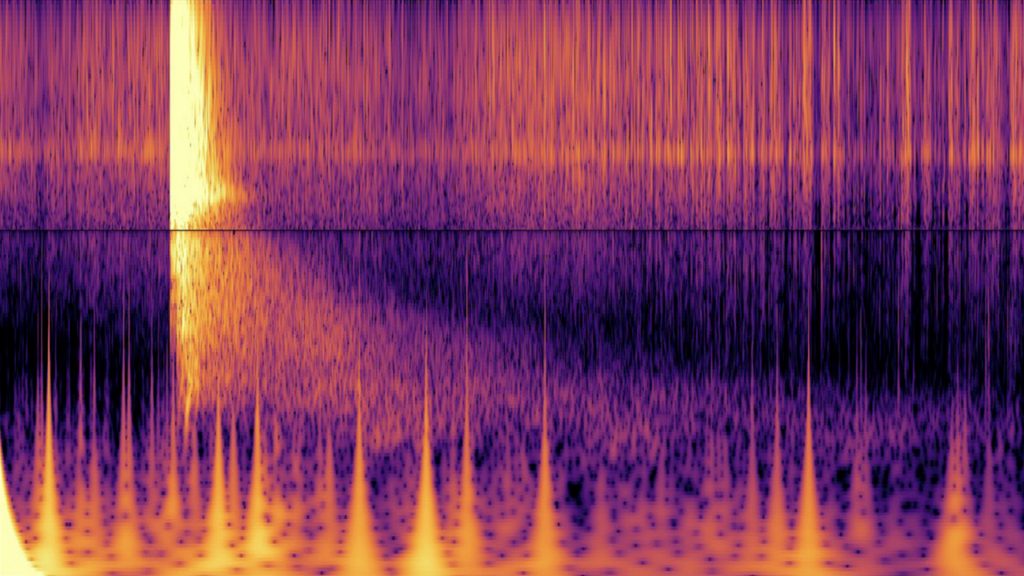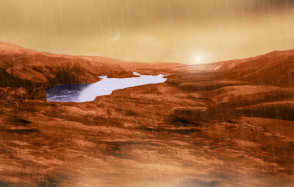First magnitude 5 earthquake “heard” on Mars
A "Marsquake" with an estimated magnitude of 5 shook the Red Planet on the night of 04/05/2022. The French SEIS instrument, deployed on the ground by NASA's InSight lander, had a front-row seat. Our teams have transcribed the event in audio.

Publication date: 22/05/2022
General public, Observatories, Press, Research
Related observatories : InSight Observatory
Related themes : Earth and Planetary Interiors








